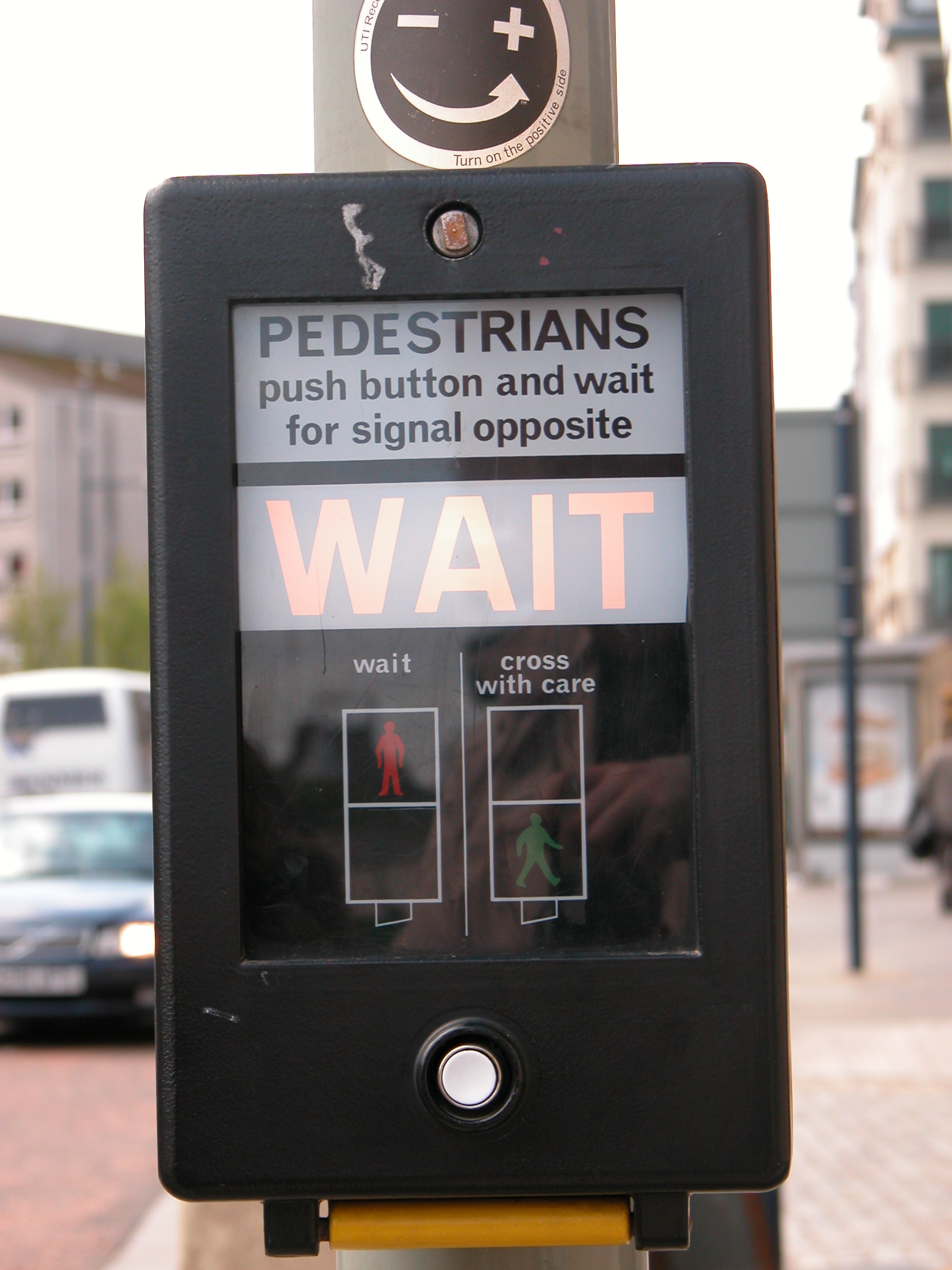This morning I read an interesting book chapter by William Ayers (1992) on teacher stories and autobiography. I found some important points that I want to store and explore here on the blog.
“… Our stories are never neutral or value-free, because they are always embedded in space and time and people, they are necessarily infused with values, forever political, ideological, and social. Our stories occur in cultural contexts, and we not only tell our stories, but in a powerful way our stories tell us. Interrogating our stories, then – questioning and probing our collective and personal myths – is an important pathway into exploring the meaning of teaching” (p. 35).
One of my roles as a researcher working with narrative is therefore to read and reread the stories placed before me in order to gradually unearth the political, ideological and the social connotations embedded in the text. What is told and left untold can reveal for example, priorities, beliefs, understandings and aspirations. In addition, I must learn to discover these elements in my own narratives, not an easy task.
Another challenge lying ahead of me is to explore the cultural context in which the stories are created and told. In my Masters thesis I often took this cultural element for granted and did not focus enough on the unique professional and personal setting in which each story was framed. Similarly, I often forget to explain frameworks and customs which are unknown to a reader unfamiliar with the Israeli education system.
“Teaching is not a single story: the attempt to pursue the perfect study of teaching that will once and for all sum it up is a fool’s errand… teaching is more than the action of the teacher, because it is essentially interactive and c0-constructed, it is always expanding, always changing, and must always include students’ stories. Perhaps rather than trying to sup up teaching neatly, our goal should be to expand the natural history of what teaching is. Making our collective story richer, broader and more complex may also allow greater intentionality, reflexivity, and thoughtfulness in teaching choices” (p. 44).
This is a powerful reminder of the importance of studies of teaching and learning which portray these processes as a colorful kaleidoscope, ever moving and changing, not necessarily symmetrical or neat. Exploring the meaning in teaching means examining the unique, the complex, the dynamic and the messy. Looking closely at the intricate details of teachers’ lives in different settings and stages allows us to grasp a better understanding of teaching. I am hoping that my research will add to this ever growing mosaic.
“Teachers have a special responsibility for self-awareness, for clarity and integrity, because teachers are in such a powerful position to witness, influence, and shepherd the choices of others” (p. 47).
This special responsibility is one that should be talked about explicitly in teacher communities. In the past, when encouraging teachers to tell teaching stories and write reflective texts, I did not make use of this important perspective. I will give thought to including this is future professional learning courses.
“People are always in process, growing, understanding, changing, developing, disintegrating, reincarnating, choosing and refusing. There is a sense of incompleteness, of striving, of moving into the future. Autobiography is a useful piece in this movement, for autobiography creates the possibility for a dialogue grounded in different realities. telling lives and hearing lives can enrich our history and make possible our future. It is perhaps, particularly important in discussing something as complex, holistic, and immediate as teaching, something for which we lack an adequate, embracing language. Lacking language, many people are willing to reduce teaching to isolated behaviors, to fractions, to numbers. Autobiography is an antidote. It is unabashedly personal, connected, alive, struggling, and unfinished. It is the foundation upon which we can build what we will” (p. 48-49).
I like the way Ayers connects “lacking language” and the reduction and teaching and learning to clean-cut statistical information.
I am constantly becoming more aware of this concept of “incompleteness” or “unfinalizability” as Bakhtin put it. The stories I told a year ago are different from those I am telling today and those I tell when my thesis draws to a close will be different again. My research project, like my teaching and my learning, is dynamic and ever changing. I am curious to see where my professional experience and learning will lead me.
P.S. I have chosen to ignore the politics in the life story of William / Bill Ayers and to concentrate on the ideas encompassed in one book chapter he wrote. Thanks to Yankel who invited me to rethink this issue. William Ayers is not a person I identify with or wish to be identified with.
Reference:
Ayers, W. (1992). Teachers’ stories: Autobiography and inquiry. In E. W. Ross (Ed.), Teacher personal theorizing: Connecting curriculum, practice, theory and research (pp. 35-39). Albany: State University of New York Press.






